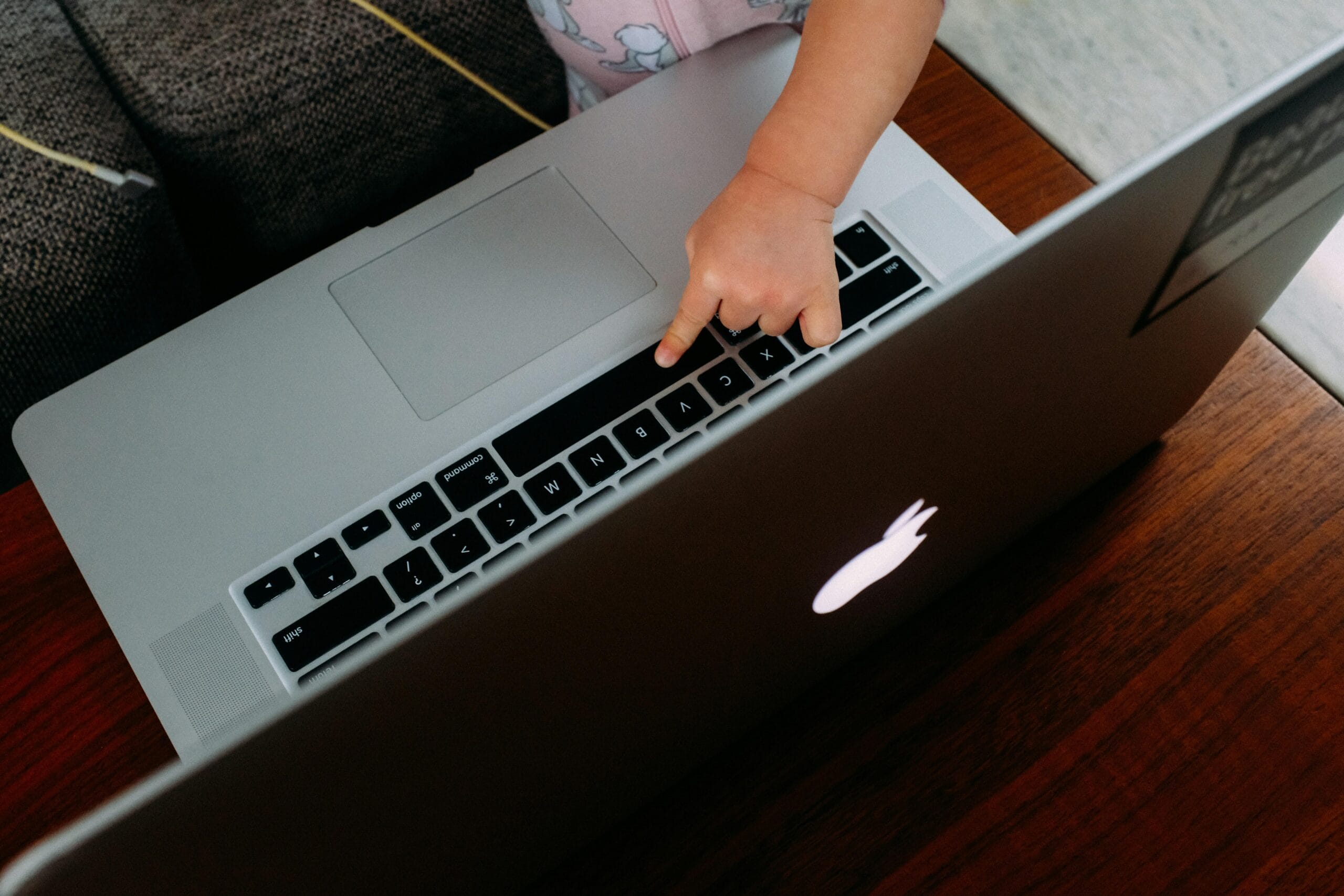What are some effective strategies for parenting a child with anxiety?
Parenting Through Childhood Anxiety and Stress
Children, just like adults, experience anxiety and stress. As parents, it is crucial to understand these emotions and provide the necessary support to help them navigate these challenging feelings. This guide offers practical tips, benefits, and real-life experiences to aid you in parenting through childhood anxiety and stress effectively.
Understanding Childhood Anxiety and Stress
Before diving into strategies and tips, it is important to understand what childhood anxiety and stress entail. Anxiety in children can manifest in various ways, including excessive worrying, fearfulness, and physical symptoms like stomachaches. Stress, on the other hand, often arises from external pressures like school work, social interactions, or familial changes.
Common Triggers of Childhood Anxiety and Stress
Several factors can contribute to anxiety and stress in children:
- Academic Pressure: Struggling with schoolwork or feeling overwhelmed by expectations.
- Social Challenges: Difficulty making friends, bullying, or peer pressure.
- Family Dynamics: Changes like divorce, moving, or financial stress.
- Health Concerns: Chronic illnesses or frequent visits to healthcare providers.
Practical Tips for Parents
Here are some effective strategies to help your child cope with anxiety and stress:
1. Foster Open Communication
Encourage your child to talk about their feelings. Create a safe and non-judgmental space where they feel comfortable sharing their worries.
2. Teach Relaxation Techniques
Introduce your child to relaxation exercises such as deep breathing, meditation, or progressive muscle relaxation. These can help them manage anxiety symptoms effectively.
3. Establish a Routine
A consistent daily routine can provide a sense of stability and predictability, reducing overall stress levels.
4. Promote Healthy Lifestyle
Ensure your child gets adequate sleep, a balanced diet, and regular physical activity. These are essential for emotional well-being.
Real-Life Experiences
| Parent Name | Child’s Challenge | Solution Implemented |
|---|---|---|
| Mary | Social Anxiety | Social skills group and therapy |
| John | Exam Stress | Time management strategies and relaxation techniques |
| Linda | Night Terrors | Bedtime routine and calming bedtime stories |
These real-life implementations showcase practical approaches by parents, enhancing our understanding of effective ways to combat childhood anxiety and stress.
Benefits of Addressing Childhood Anxiety and Stress
- Improved emotional health and resilience.
- Better academic performance due to reduced anxiety.
- Stronger parent-child relationship as trust and communication improve.
- Enhanced social skills and peer interactions.
Conclusion
Parenting through childhood anxiety and stress can be challenging, but it is also incredibly rewarding. By understanding the triggers, implementing practical strategies, and fostering open communication, you can support your child in overcoming these challenges. It’s important to remember that every child is unique and may require different approaches. Keep experimenting and stay patient, as your efforts will significantly contribute to your child’s emotional well-being.
